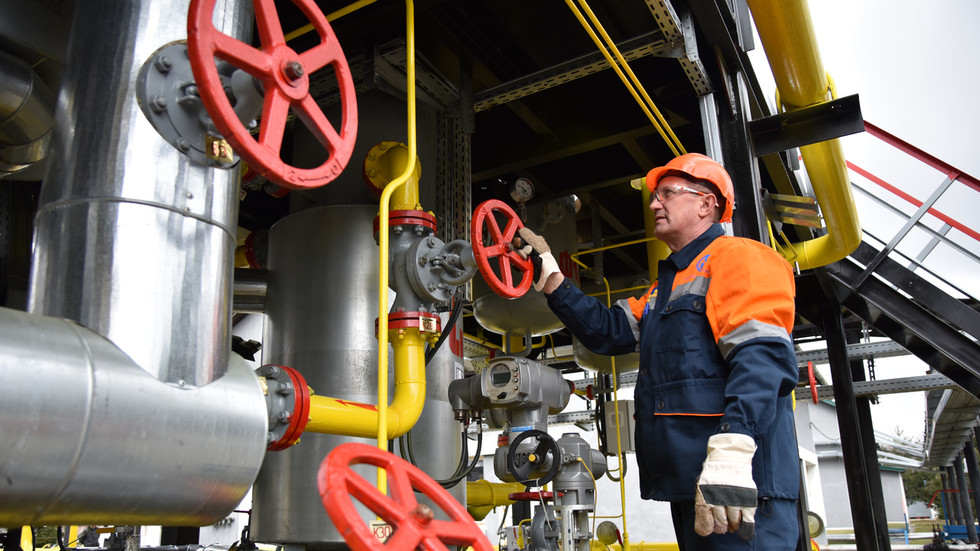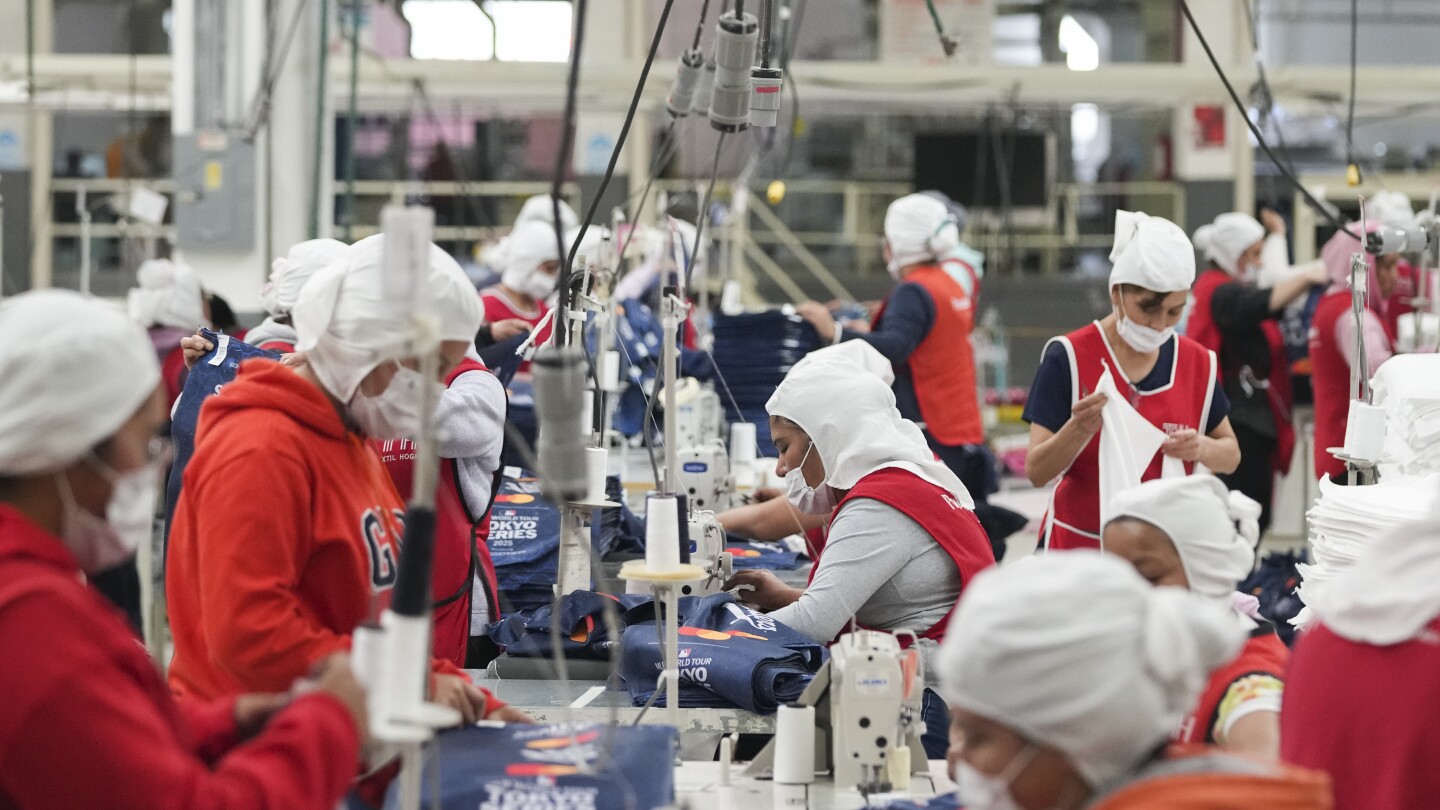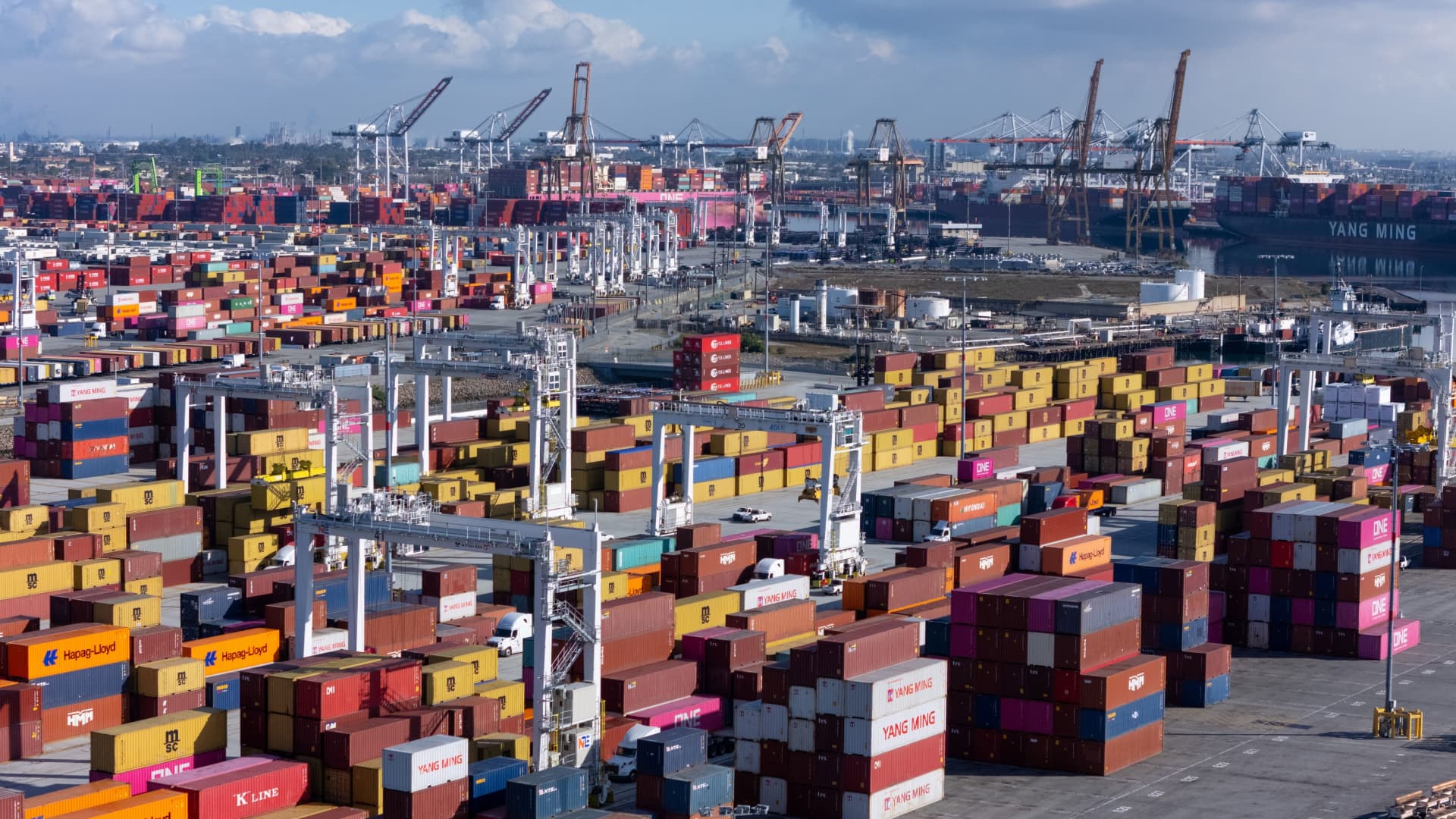EU’s Strategic Dilemma: Is a Return to Russian Gas Inevitable?
As Europe grapples with energy security, the prospect of re-engaging with Russian gas emerges as a contentious topic. The ongoing geopolitical tensions following the conflict in Ukraine have significantly altered the energy landscape for EU nations. Historically, Russia has been one of the primary suppliers of natural gas to Europe, providing around 40% of the continent’s gas imports before the conflict escalated. However, with sanctions and a push for energy independence, the future of Russian gas in Europe remains uncertain. This article explores the implications of potentially returning to Russian gas supplies amid these complex dynamics.
Understanding the Current Energy Crisis
The energy crisis in Europe is multi-faceted, influenced by various factors including geopolitical tensions, climate commitments, and market volatility. The war in Ukraine has triggered a reevaluation of energy sources, compelling European nations to seek alternatives to Russian gas. The urgency for energy diversification has never been more pronounced, leading to a scramble for new suppliers and renewable energy investments.
Impact of Sanctions and Supply Chain Disruptions
In response to Russia’s actions, the EU has imposed a series of sanctions aimed at crippling the Russian economy and its ability to finance the war. These sanctions have extended to the energy sector, effectively curtailing imports of Russian gas. The immediate effect has been a significant increase in energy prices across Europe, leading to inflation and economic strain on households and businesses alike.
- Price Volatility: The price of natural gas soared to unprecedented levels, creating challenges for energy-intensive industries.
- Supply Shortages: Countries heavily reliant on Russian imports faced immediate supply shortages, prompting emergency measures.
- Public Backlash: Rising energy prices have led to public protests and political pressure on governments to find solutions.
The Push for Energy Independence
In light of these challenges, many EU countries have taken decisive steps toward achieving energy independence. The European Green Deal, which aims for a significant reduction in greenhouse gas emissions and increased reliance on renewable energy, has gained renewed urgency. However, the transition to a greener energy mix is not without its hurdles.
Renewable Energy Initiatives
Investments in renewable energy sources, such as wind, solar, and hydroelectric power, are being accelerated to reduce dependence on fossil fuels. Yet, the transition requires time, significant capital investment, and technological advancements. The current energy crisis has exposed the vulnerabilities of relying solely on renewable sources, given their intermittent nature. Thus, natural gas remains a critical component of the energy mix during this transition.
Is a Return to Russian Gas Inevitable?
Given the pressing need for energy security, the question arises: Is a return to Russian gas inevitable for the EU? While many leaders have publicly ruled out such a possibility, the reality may be more nuanced. Several factors contribute to this strategic dilemma:
Economic Pressures
The economic fallout from the energy crisis is profound. With many EU countries facing recession, the pressure to stabilize energy prices could lead to a reconsideration of Russian gas imports. The potential for lower prices and stable supply may tempt some nations to reengage with Russia, especially if the conflict in Ukraine shows signs of de-escalation.
Geopolitical Considerations
The geopolitical landscape is fluid. If diplomatic relations improve, discussions about reinstating Russian gas supplies might emerge. Countries such as Hungary and Italy, which have historically maintained closer ties with Russia, could advocate for a reactivation of gas imports. These nations may argue that energy security should take precedence over geopolitical considerations.
Alternatives to Russian Gas
While the temptation to return to Russian gas exists, the EU is actively exploring alternative avenues. Several strategies are being implemented to mitigate the reliance on Russian energy:
- Liquefied Natural Gas (LNG): The EU is expanding its LNG terminals to import gas from countries such as the United States, Qatar, and Australia.
- Pipeline Projects: New pipeline projects, such as the Southern Gas Corridor, aim to diversify gas supplies from the Caspian region and beyond.
- Energy Efficiency Programs: Initiatives to improve energy efficiency and reduce consumption are being prioritized, especially in the industrial sector.
Long-term Renewable Strategies
As part of the long-term strategy, the EU is committed to enhancing its renewable energy capacity. The goal is not just to wean off Russian gas but also to position Europe as a leader in sustainable energy. Investment in smart grids, battery storage technologies, and offshore wind farms are vital components of this ambition.
Public Sentiment and Political Will
Public sentiment plays a crucial role in shaping energy policy. There is a growing awareness of the need for energy transition, but there is also frustration over rising costs and potential energy shortages. Political leaders must navigate these sentiments carefully, balancing the immediate need for affordable energy with the long-term goal of sustainability.
Potential for Compromise
One possible outcome in the EU’s strategic dilemma is finding a compromise. This could involve limited engagement with Russian gas supplies under strict conditions, such as transparency and adherence to international norms. Such an approach would allow the EU to maintain a degree of energy security while signaling a commitment to alternative sources.
Conclusion
As Europe stands at a crossroads in its energy strategy, the question of whether a return to Russian gas is inevitable remains open for debate. While the immediate focus is on securing energy supplies and stabilizing prices, the long-term vision must prioritize sustainability and independence. The EU’s strategic dilemma reflects broader geopolitical challenges and economic realities, requiring careful consideration and a balanced approach. Ultimately, the path forward will depend on the interplay of public sentiment, political will, and the evolving geopolitical landscape.
In navigating this complex situation, the EU has an opportunity to redefine its energy future, potentially emerging stronger and more resilient in the face of global challenges.
See more CCTV News Daily



